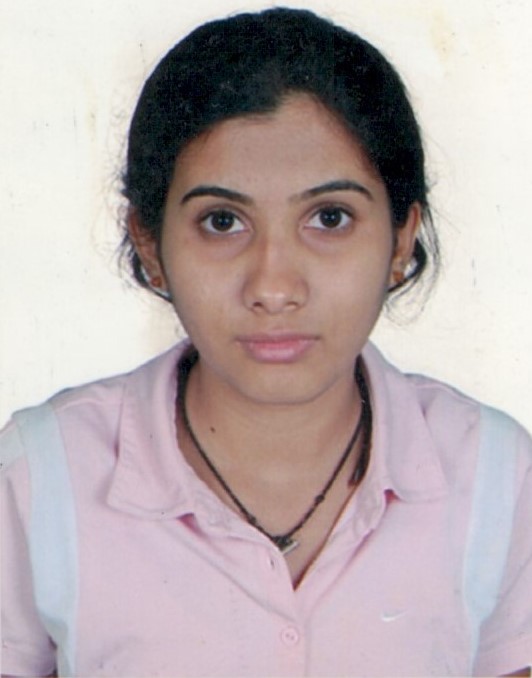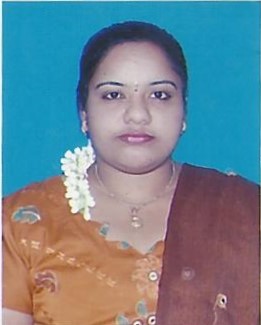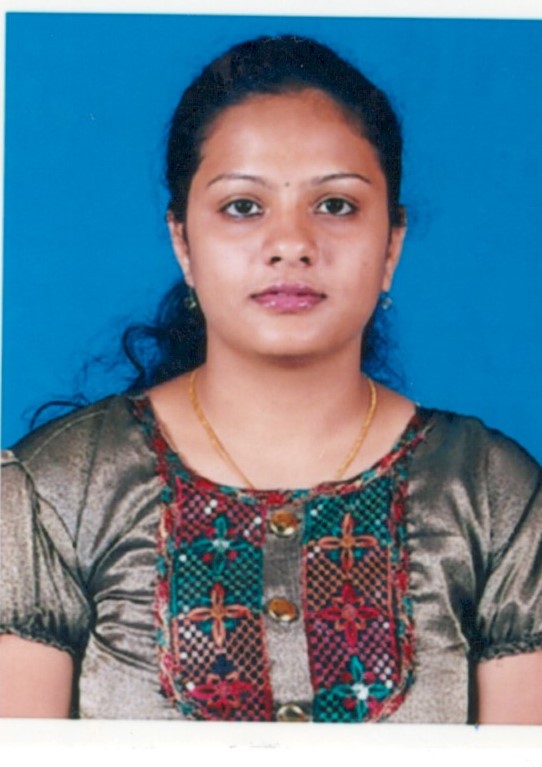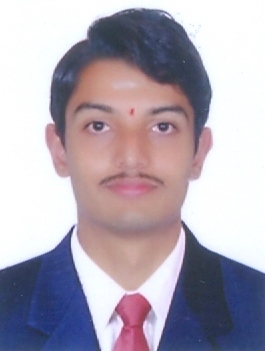Admissions
Admission to M.Tech Geoinformatics is open to all the candidates who have passed B.E., or B.Tech., Examination with not less than 50% of marks in aggregate of all years of degree examination (5% relaxation for SC / ST and category 1 candidates) in any branch of Engineering or Technology / Agriculture Engineering / MCA / M.Sc. (with Science background) in Earth Science / Environmental Science/ Geology / Geography / Physics / Mathematics / Physical Sciences. Candidates who are qualified in GATE examination are given preference. If sufficient GATE qualified candidates are not available, the candidates are selected based on merit and ranking obtained in the common entrance examination held by KEA and through counselling. The sponsored candidates from State or Central Government and Quasi-Government organizations are eligible and 5 seats are reserved for them subject to merit in PGCET.
Fee/Scholarship
The tuition fee for first and second semester in first year is Rs. 65,000/- besides, e-learning, examination and other fees of around Rs. 11,000/-; and the same rate of fee holds good for third and fourth semester during the second year. The students belonging to Backward Classes and SC/ST are eligible for the fee concession and scholarship provided by the Social Welfare Department as per rules. In addition, the KSRSAC gives a scholarship of Rs. 5,000/- per month to eligible students who are not getting any financial assistance from Govt, or other sources.
Know more:
https://cetonline.karnataka.gov.in/kea
Duration and Syllabus
- First semester is of 22 credits duration with class work followed by five weeks- examination and vacation. The students have to study five core subjects and one lab components and one common subject for all branches in both first semesters each subject for 100 marks.
- Second semester consists of 18 credits duration with class work followed by three weeks of examination and vacation. The student s have to study 2 core subjects, two elective and one lab components along that Mini project with seminar in each subject for 100 marks.
- Third semester is of 22 credits duration consisting of project work phase I and have to study one core subject along with two electives followed by six weeks of internship and Societal project included.
- Fourth semester is of 18 credits duration during which the completion of project work is done. While the first two semesters concentrate on developing the theoretical base, the 3rd semester gives practical skills in all the domains of Geoinformatics, and fourth semester focus on capacity building for project work. Continuous evaluation that includes seminars, group discussions, assignments, mini projects, class tests, and end of semester examinations judiciously blended to hone up candidate's cognitive and analytical capabilities.
First Semester
- Introduction to Geospatial Science & Statisticss
- Remote Sensing and Photogrammetry
- GIS and Spatial Data Analytics
- Cartography, Geodesy and Global Navigation Satellite Systems.
- Geospatial Database Management Systems and Programming Skills.
- Research Methodology and IPR
- Geoinformatics Laboratory-1
Second Semester
- Geoinformatics in Natural Resource and Environmental Management.
- Satellite Data Image Processing and Analysis.
- Professional elective I
- Web Applications in Geoinformatics
- Programming Skills in spatial data analytics
- Geoinformatics in Public Health Management
- Advanced Earth Observation Systems
- Professional elective II
- Artificial Intelligence in Geoinformatics
- Programming in .Net, JavaScript and HTML, Cloud Computing.
- Location Based Intelligence and Supply Chain Management.
- Unmanned Aerial Systems (UAS) and Applications
- Mini Project with Seminar
- Geoinformatics Laboratory – II
Third Semester
- Geoinformatics Project Planning and Management
- Professional elective III
- Geoinformatics in Urban Planning and Management
- Geoinformatics in Marine and Coastal Resources Management
- Geoinformatics in Demography, Business, Health and Infrastructure
- Professional elective IV
- Geoinformatics in Disaster Management
- Geoinformatics in Weather and Climate Studies
- Geoinformatics in Water Resource Management
- Project Work Phase -1
- Societal Project
- Internship
Fourth Semester
- Project work phase-2
- Project Work Evaluation - dissertation guided by scientists with domain expertise and wide ranging rich experience, seminars and viva voce.
- Subject seminars, assignments, mini projects, viva voce, quiz sessions, reading assignments, and research leading to article writing are part of continuous assessment for student evaluation throughout the M.Tech programme.
Exam Time Table and Results
Check Exam Time Table and Results at the VTU Portal :
http://vtu.ac.in/
Faculty
Our faculty are drawn from prestigious institutions such as, ISRO, IISc, IIM and RRSSC, Bangalore, while some experts are invited from Space Application Center, Ahmedabad, National Remote Sensing Centre and Indian Institute of Remote Sensing, Dehradun, besides Centre's scientists who have vast and rich experience of handling National and State level projects in the area of Remote Sensing, Photogrammetry, GIS and GPS. About hundred project scientists with different domain expertise are available to students for interaction and consultation during their course.
List of Faculty details for M.Tech Geoinofrmatics
| SL No |
Faculty |
| 1 |
Dr D K Prabhuraj
Principal
VTU-EC, KSRSAC
|
| 2 |
Dr. P P Nageswara Rao
Faculty Member, VTU-EC,KSRSAC
(Retd.),Outstanding Scientist
Former Director, ISRO |
| 3 |
Mr. Srikanth Pinnamaneni
M.Tech Co-ordinator
VTU-EC, KSRSAC |
| 4 |
Dr. K Ashoka Reddy
Faculty Member, Retd. Scientist KSRSAC |
| 5 |
Dr. P Manavalan
Visiting faculty, VTU-EC,KSRSAC
Retd. Scientist, ISRO |
| 6 |
Dr. Ramesh S
Guest Faculty, VTU-EC,KSRSAC,
Professor from UAS |
| 7 |
Dr. Manikiam
Guest Faculty, VTU-EC,KSRSAC
Retd. Scientist, ISRO |
| 8 |
Mr. Nagoor Kani S
Faculty Member VTU-EC, KSRSAC
|
| 9 |
Mr. J B Pradhan
Visiting Faculty, VTU-EC,KSRSAC
(Retd.) Superintendent Surveyor,
SOI Campus, Koramangala
|
| 10 |
Mrs. Lekha Thomas
Visiting Faculty, VTU-EC,KSRSAC |
| 11 |
Mr. Nagesh V
Visiting Faculty, VTU-EC,KSRSAC |
| 12 |
Mr. Rajendra M
Visiting Faculty, VTU-EC,KSRSAC |
List of Students for the year 2021-2022
| Sl No. |
Name of the students |
| 1 |
Abhishek S |
| 2 |
Anil C Jaraddi |
| 3 |
Arpitha M |
| 4 |
Arun Kumar K |
| 5 |
Bhagyashree U K |
| 6 |
Bhuvan Y |
| 7 |
Indresha N |
| 8 |
Kishore Kumar C M |
| 9 |
M N Pruthviraj |
| 10 |
Prasanna Kumar H |
| 11 |
Raghavendra S P |
| 12 |
Rakshith C S |
| 13 |
Rakshitha M P |
| 14 |
Shivakumar C |
| 15 |
Spoorti Umesh Hegde |
| 16 |
Sushma G |
| 17 |
Vismaya B |
| 18 |
Vismitha K B |
| 19 |
Yashas R |
| 20 |
Yogesh Karikatti |
List of Students for the year 2022-2022
| Sl No. |
Name of the students |
| 1 |
Kavya M |
| 2 |
L V Charan Urs |
| 3 |
Likitha Megharaj |
| 4 |
Maltesha Naik |
| 5 |
Nirmal Karthik M |
| 6 |
Niveditha KN |
| 7 |
Shreyas |
| 8 |
Sukruth N |
| 9 |
T S Sumukh |
| 10 |
Tarun Kumar Reddy |
| 11 |
Ullas T C |
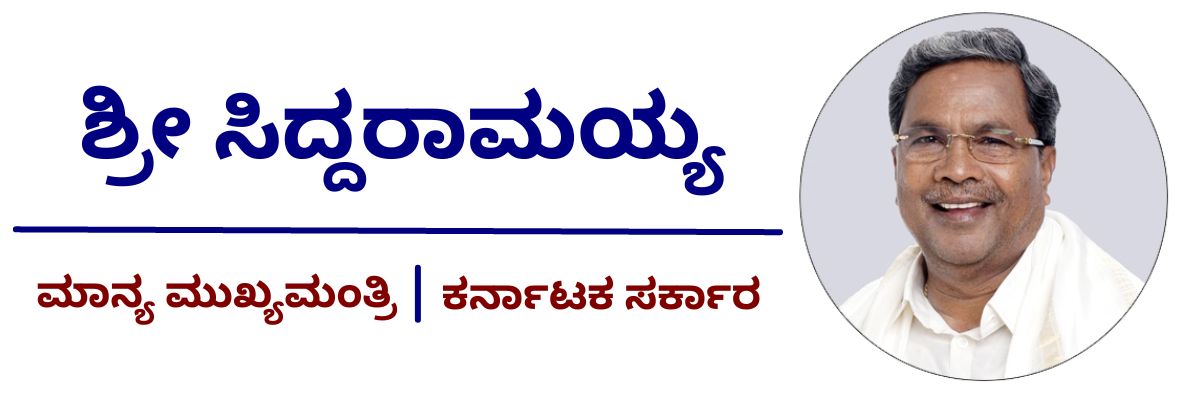
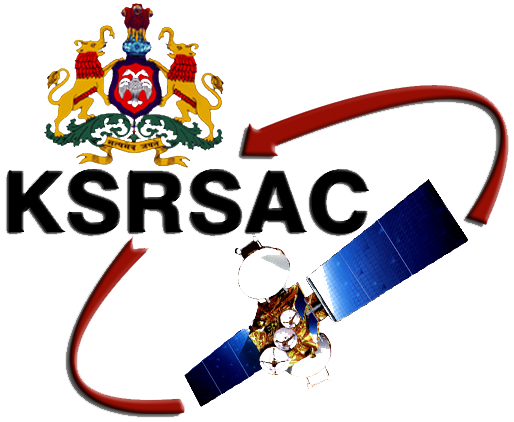
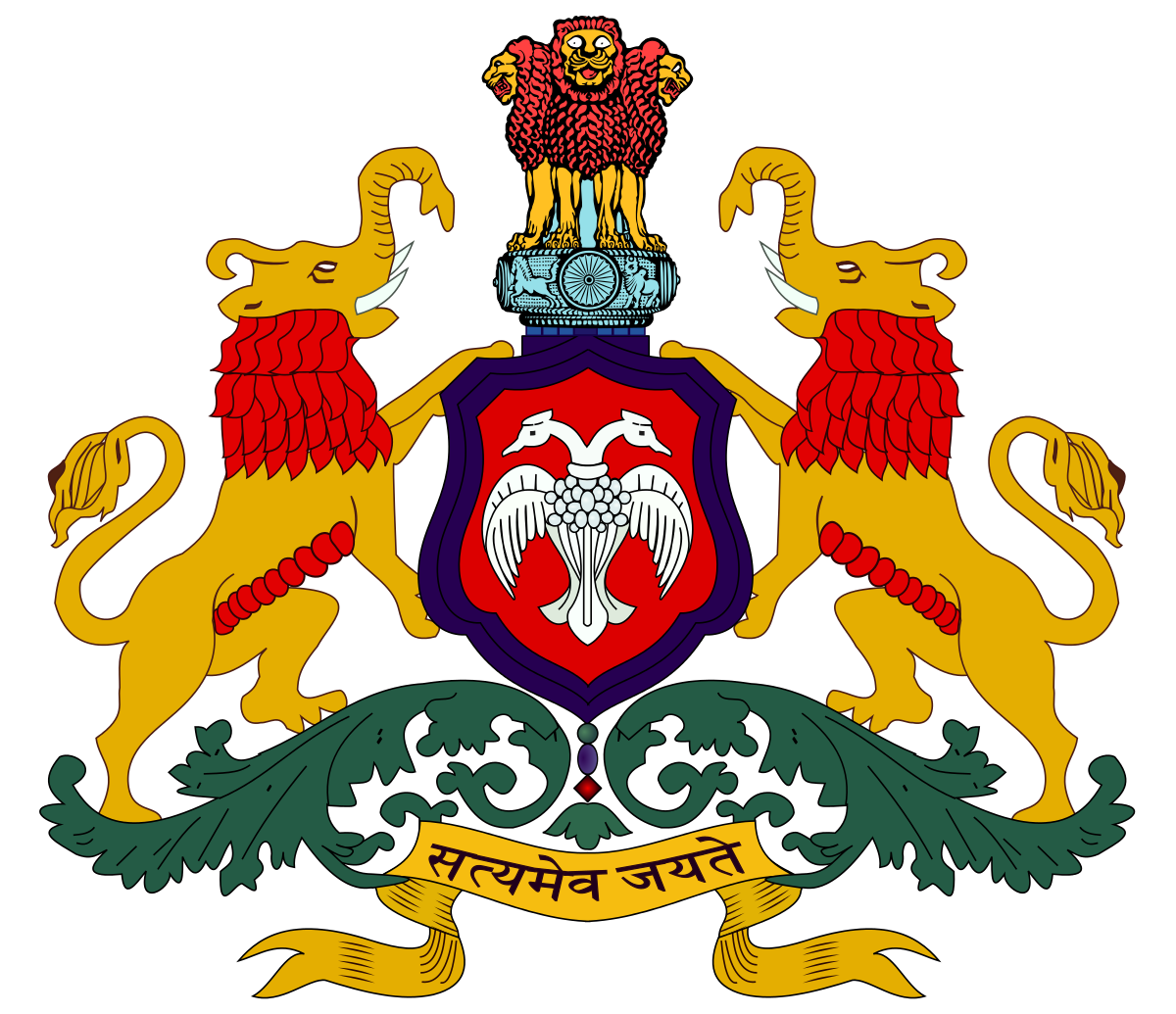

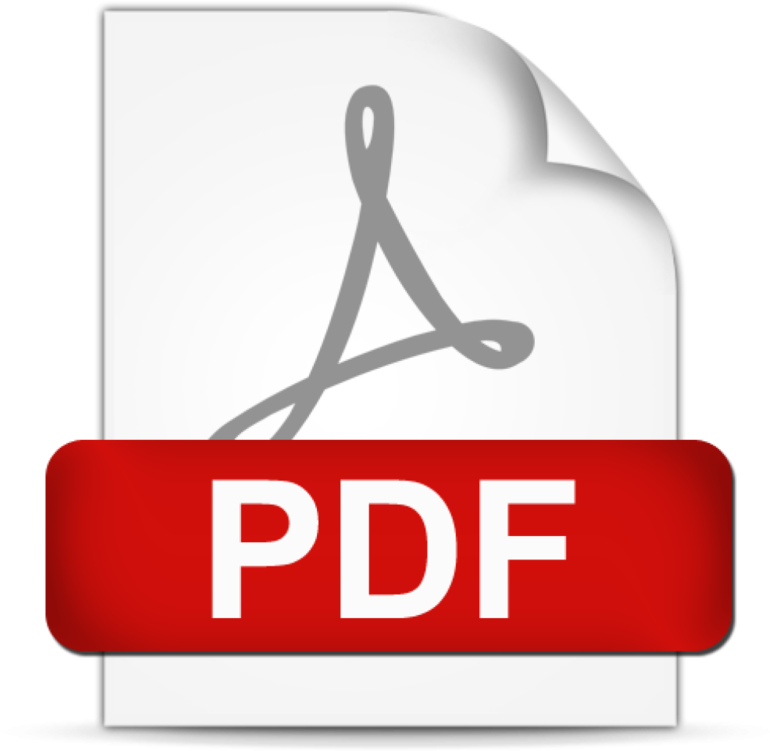


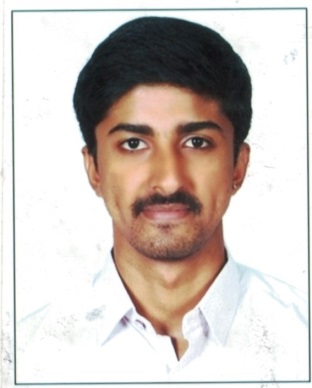
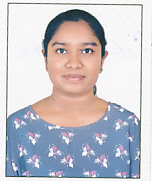
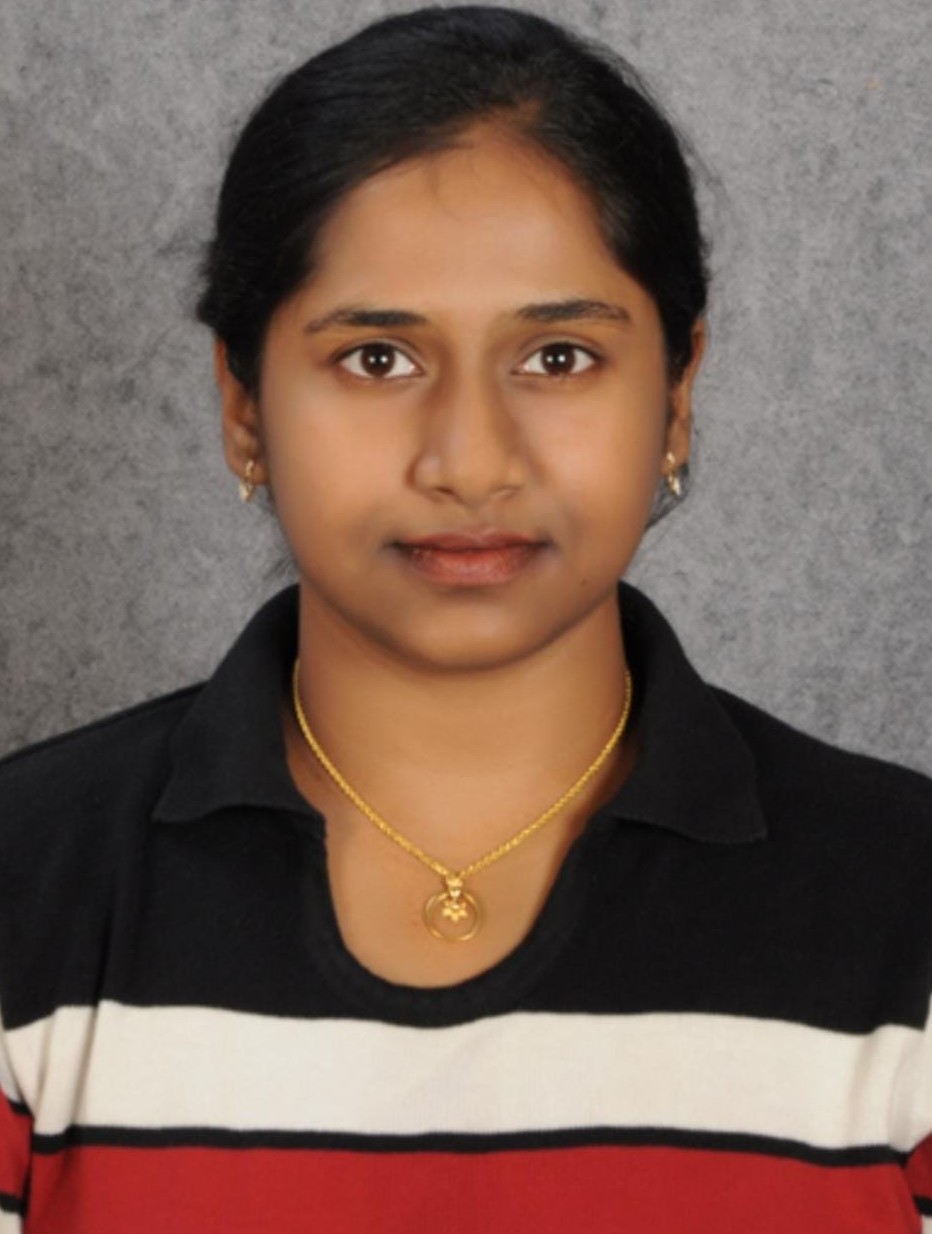
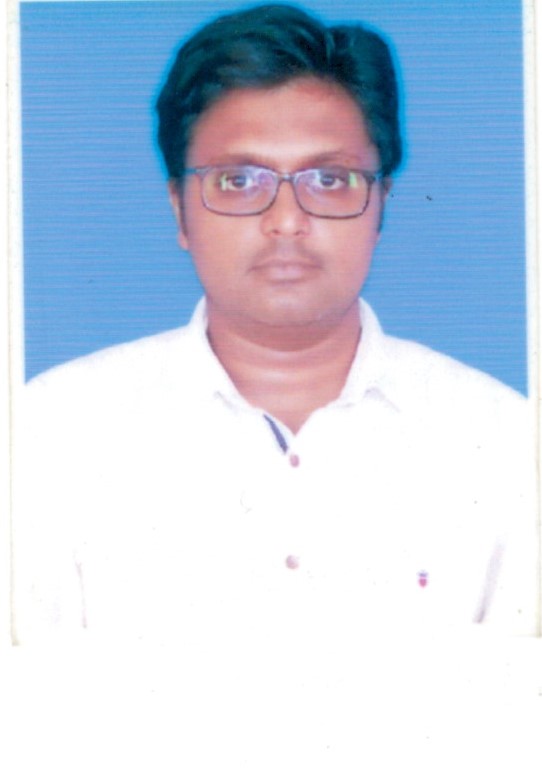
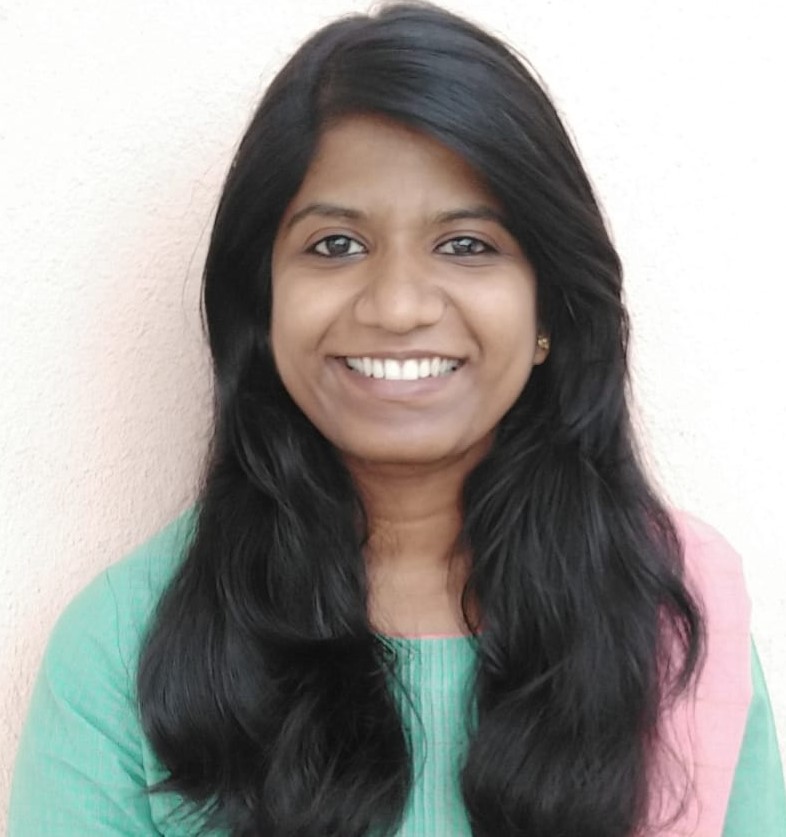
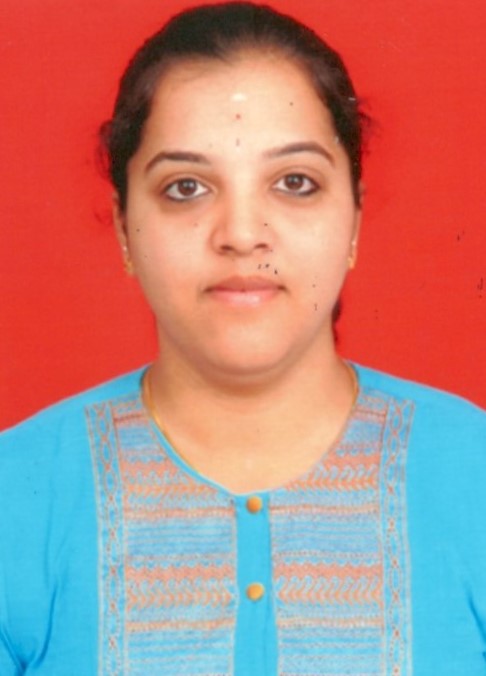
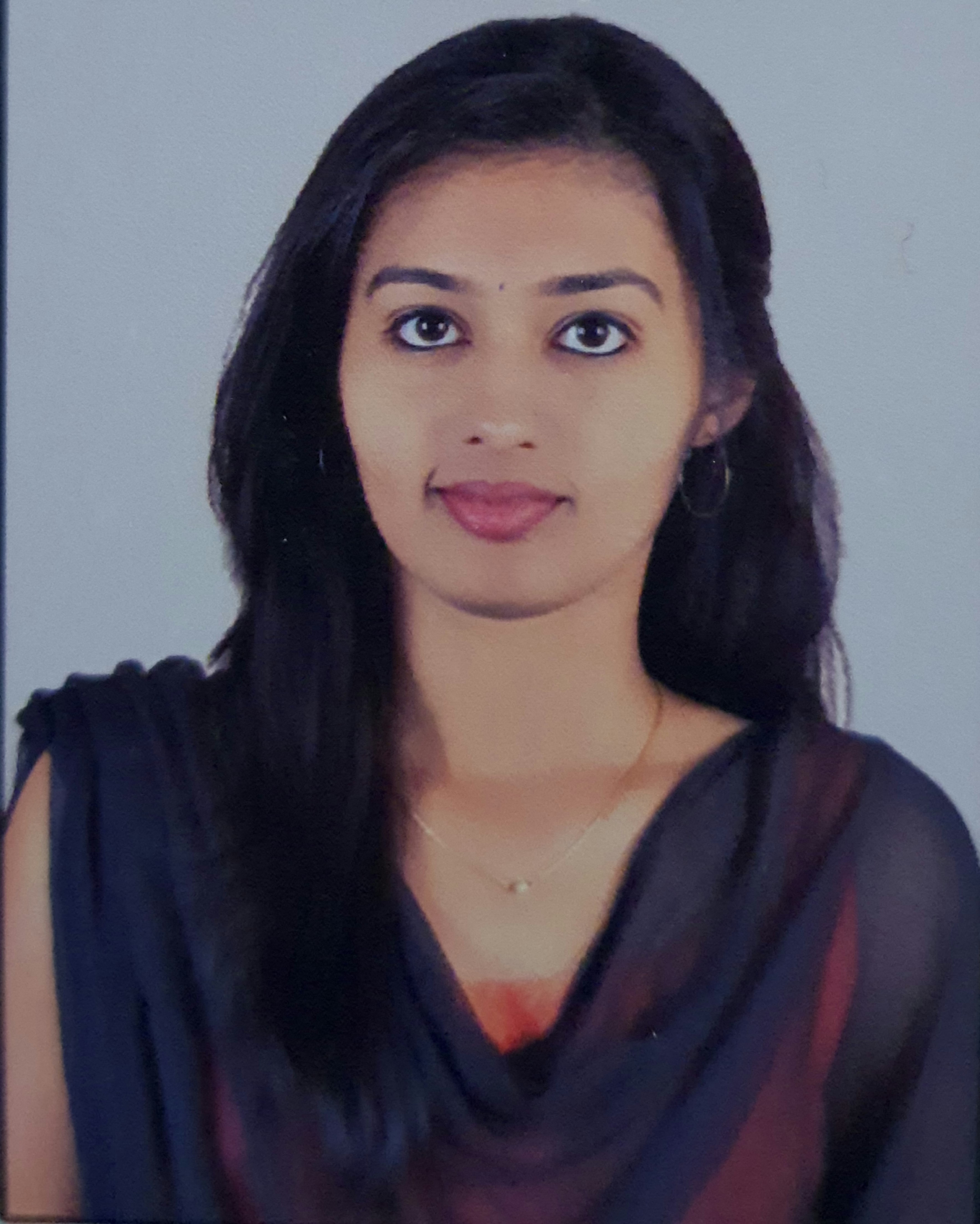
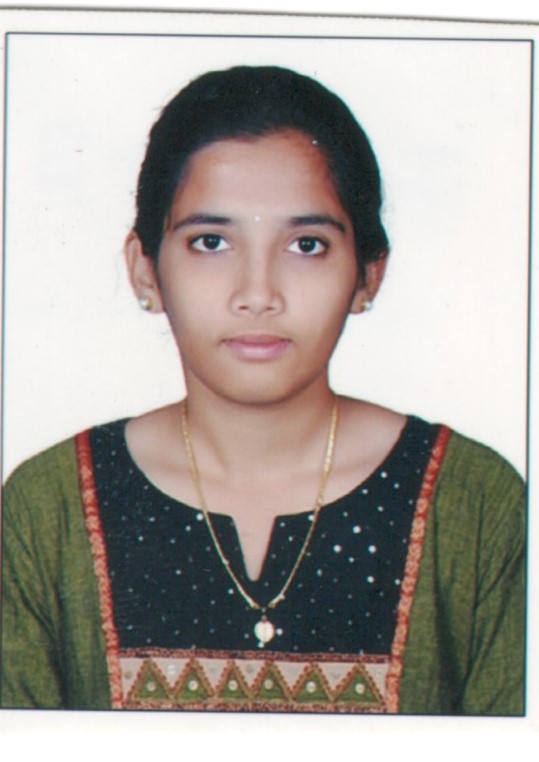
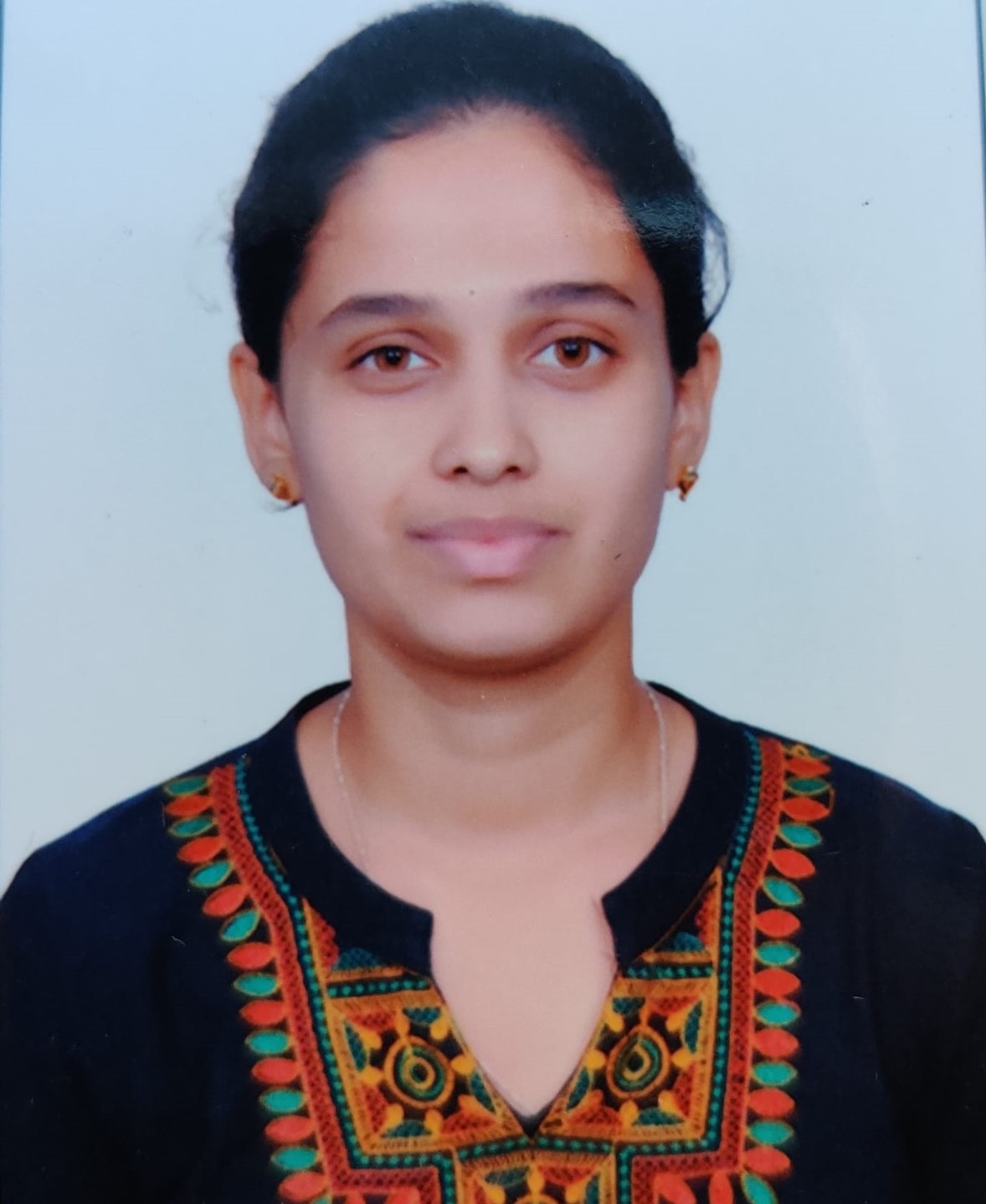
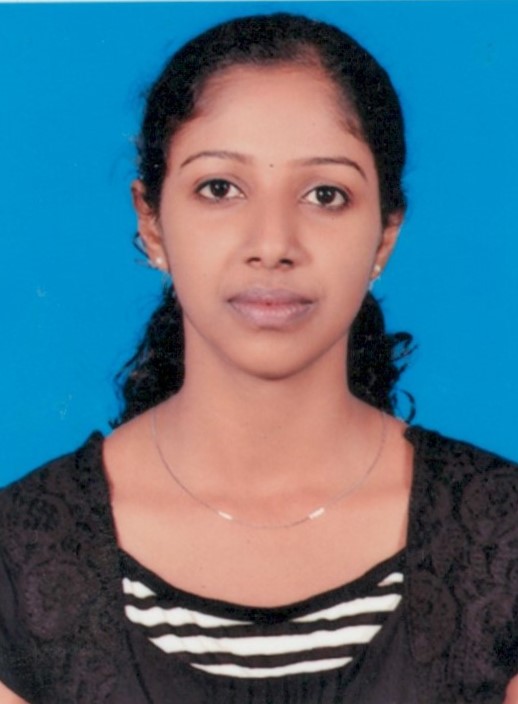
.jpeg)
